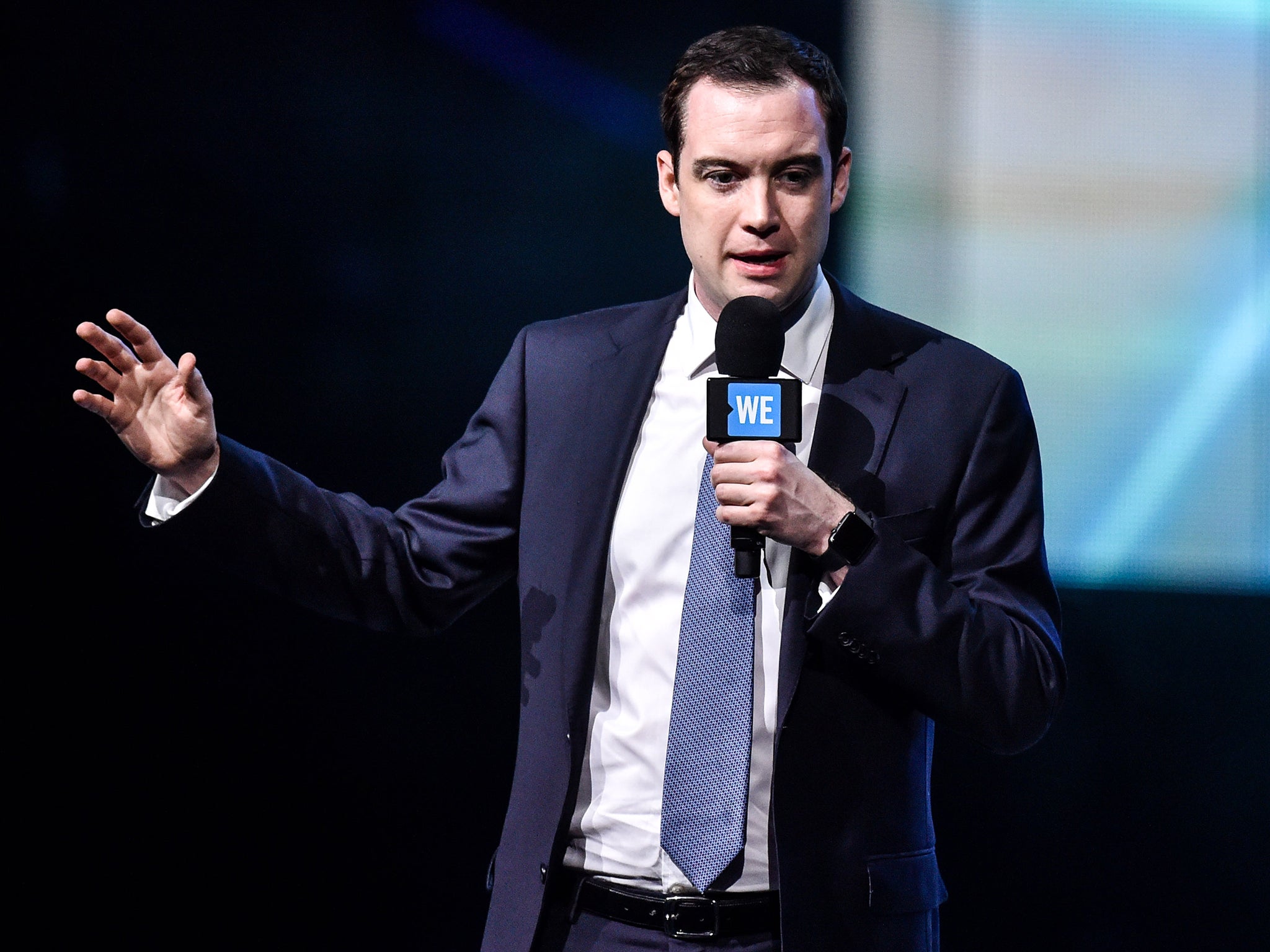Labour demands investigation into appointment of Tory peer as chair of universities’ watchdog
James Wharton served as Boris Johnson’s leadership campaign manager before being awarded a peerage

Your support helps us to tell the story
From reproductive rights to climate change to Big Tech, The Independent is on the ground when the story is developing. Whether it's investigating the financials of Elon Musk's pro-Trump PAC or producing our latest documentary, 'The A Word', which shines a light on the American women fighting for reproductive rights, we know how important it is to parse out the facts from the messaging.
At such a critical moment in US history, we need reporters on the ground. Your donation allows us to keep sending journalists to speak to both sides of the story.
The Independent is trusted by Americans across the entire political spectrum. And unlike many other quality news outlets, we choose not to lock Americans out of our reporting and analysis with paywalls. We believe quality journalism should be available to everyone, paid for by those who can afford it.
Your support makes all the difference.Labour is demanding the cabinet secretary launches an investigation into the appointment of a Conservative peer as the new chair of the Office for Students.
Lord James Wharton – a campaign manager during Boris Johnson’s 2019 leadership bid – was confirmed to lead the independent regulator of the higher education sector earlier this week despite concerns raised by MPs.
The peer, who was formerly an MP for Stockton South and awarded a peerage by the prime minister last autumn, suggested he plans to keep the party’s whip in the House of Lords under tough questioning about his “independence” last week at a Commons committee.
Following confirmation of his appointment to the role, which comes with an annual salary of £59,000, Labour’s shadow education secretary said she had written to the cabinet secretary Simon Case demanding a probe.
Describing the appointment as “alarming” in her letter, Kate Green argued that Lord Wharton has admitted “he has no direct experience in higher education” and urged Mr Johnson and the education secretary, Gavin Williamson, to “be up front about how this role was appointed”.
She said: “It seems to me that Baron Wharton has none of the statutory qualifications for the post, and both the higher education sector and the wider public will be deeply concerned that this is simply another example of cronyism, which undermines trust in public life at a time when it is needed worst.”
“This will only be made worse by Baron Wharton’s decision to keep the Conservative whip, bringing into question his ability to make independent decisions.”
Ms Green added: “At a time when it is vitally important for the public to have confidence in government appointments, it is extremely disappointing that they continue to appoint those with close ties to the Conservative party to public jobs without the necessary experience or credentials.”
Ms Green submitted half a dozen questions to Mr Case, the most senior civil servant, including whether it would be appropriate for Lord Wharton to resign the whip with immediate effect, and whether he had any experience in promoting the interest of students.
Last week, Lord Wharton told the education select committee that he recognised the “crucial importance” of the universities’ watchdog being independent and added he would “uphold that”.
When asked whether he would retain the Conservative whip, Lord Wharton said he has had a discussion with the whips in the Lords and they said they would give him “more latitude” and they would understand that he may need to vote against some of the government’s proposals.
Lord Wharton was interviewed for the role by a panel that included Tory peer Baroness Wyld, former Conservative MP Eric Ollerenshaw and Nick Timothy, who advised Theresa May as prime minister.
The Cabinet Office said they would respond to Ms Green’s letter in “due course”.
A government spokesperson added: “The chair of the OfS is a public appointment, made by ministers in line with the governance code on public appointments, which sets out the principles of public appointments.
“The appointment has been regulated by the Independent Commissioner for Public Appointments who plays a vital role in ensuring the process is open and fair.”

Join our commenting forum
Join thought-provoking conversations, follow other Independent readers and see their replies
Comments